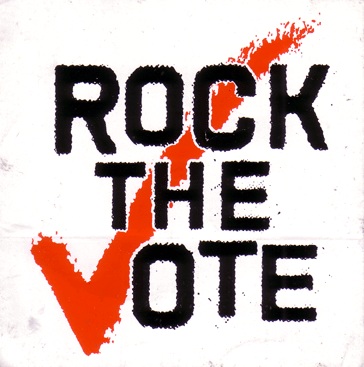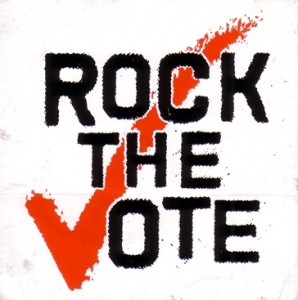
MANILA (Mindanao Examiner / Feb. 22, 2013) – A network of young individuals and groups calling for transparent elections and genuine political reforms urged the Aquino government and political candidates address the dilemma of escalating tuition rates in colleges and universities as tuition rate doubled since 2001 and more than 350 schools are expected to increase tuition next year.
RockTheVote Philippines said based on the data from student consultations held by member organizations, the average tuition rate in higher education institutions nationwide climbed from P257.41 in 2001 to P536.31 in 2012, amounting to a 108.35 percent increase.
It said in the National Capital Region alone, the average tuition rate increased from P439.59 to P1,078.60, constituting a 145.36 percent hike.
More than 350 schools have posted tuition increase proposals for the next schoolyear. In the last academic year, the Commission on Higher Education approved the proposals of 367 HEIs, the group said.
“Contrary to the statement of the Commission of Higher Education (CHEd) that the increase can hardly be felt because hikes are pegged at only five to 10 percent, students and parents are now struggling under the weight of bloated education costs. In the course of a decade, the five to 10 percent increases have accumulated to more than 100 percent, thus doubling the rate since 2001,” Pauline Gidget Estella, spokesperson of RockTheVote, said in a statement sent to the Mindanao Examiner.
“If this is the case, then we can question the idea that Aquino is concerned with basic social services, one of which is education, if that is what he implies with distributing PhilHealth cards in a Liberal Party campaign sortie. Of all the possible venues and time, why during a campaign sortie? Commissioner Sixto Brillantes was quick to defend Aquino, but we believe that he missed the context: the distribution was done in a campaign sortie, making it all the more political in agenda,” she said.
Since Aquino was elected president in 2010, the average tuition rate in HEIs increased by P150-P200 per unit, according to data from RockTheVote.
“Hence, we have to ask, is Aquino campaigning for the Liberal Party using public funds (PhilHealth funds)? If so, this act merits a complaint because it gives undue advantage to a party which already had the edge in this election,” Estella said.
“However, wage levels and generation of decent, stable jobs lagged far behind the rate of tuition increase. Many Filipinos could not simply keep up with the cost of education, supposedly a constitutionally guaranteed right, and accessibility became limited to those who can afford. We have heard many stories of student dropping out of universities or student engaging in jobs like prostitution to pay for their tuition. These anecdotes should not remain as anecdotes – it should inspire action,” she added.
As the midterm elections approach, Estella said advocates from the youth sector, demand from the candidates a clear platform on quality and accessible education, and a vow to stop unjustified tuition increases.

